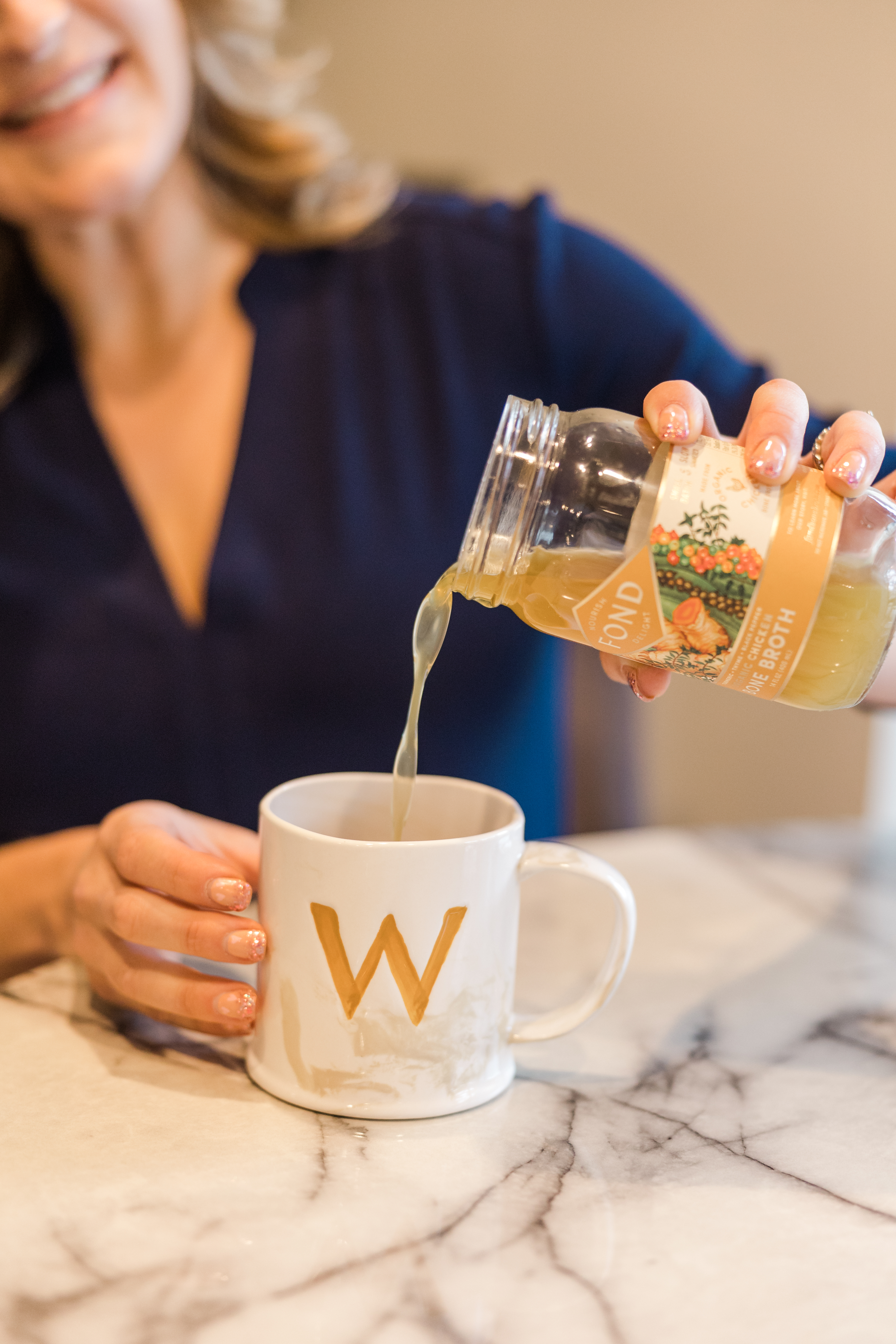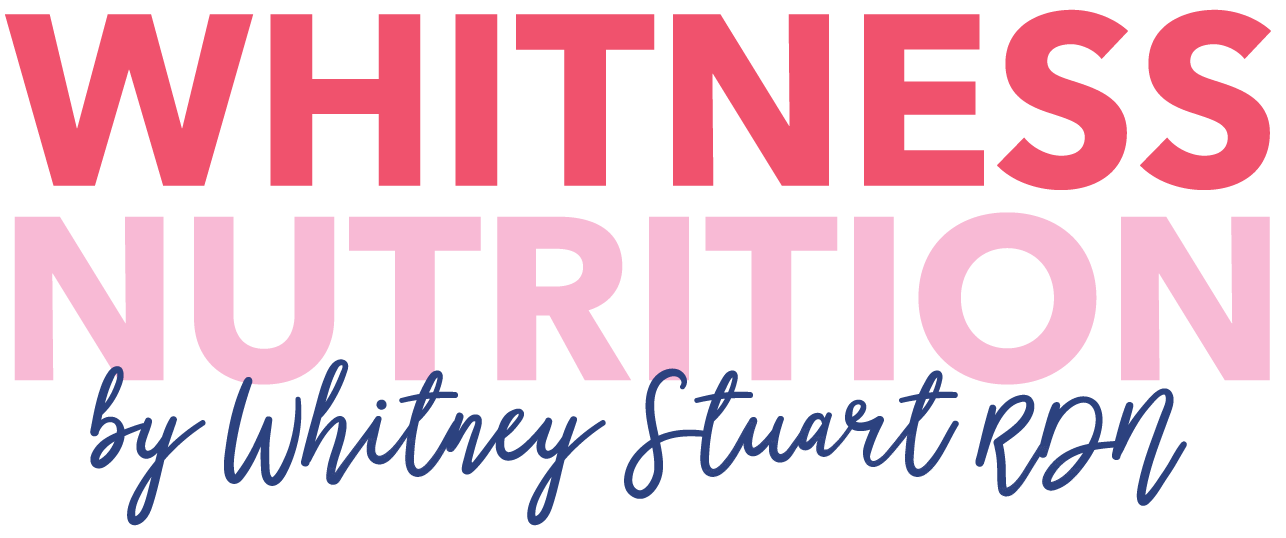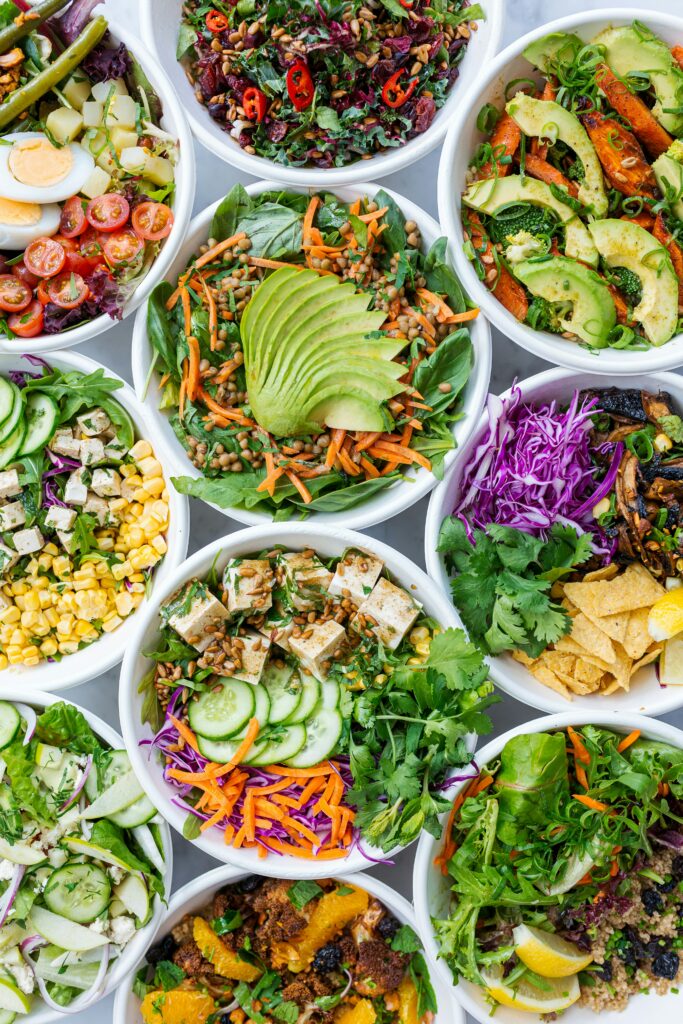What Are The 3 Super Foods For Your Gut?
 Why Gut Health Matters
Why Gut Health Matters
Your digestive tract is home to trillions (yes, trillions!) of healthy gut bacteria that play a vital role in digestive health, immunity, metabolism, and overall health. A balanced gut microbiome helps the body absorb nutrient-dense foods, supports energy production, and even affects mental well-being through the gut-brain connection (90-95% of serotonin is made in our gut!). However, modern diets filled with processed foods, refined sugars, and artificial additives can disrupt the growth of beneficial gut bacteria, leading to gut dysbiosis—an imbalance of good and bad bacteria. This imbalance has been linked to digestive disorders, mood disorders, chronic inflammation, weakened immune function, and metabolic issues (Shreiner et al., 2015).
The good news? You can maintain a healthy and diverse microbiome by consuming top superfoods that nourish and strengthen the gut. Today, we’re highlighting the three most impactful superfoods for gut health: nutrient-rich options that have been shown to reduce inflammation, enhance microbial diversity, and strengthen  immune defenses.
immune defenses.
What Are The 3 Super Foods For Your Gut?
These superfoods for gut health are packed with anti-inflammatory properties, fiber, and essential nutrients that help maintain a healthy gut microbiome and support overall health.
- Fermented Foods – Naturally probiotic-rich foods that introduce healthy gut bacteria and improve digestion.
- Leafy Greens (especially Dandelion Greens) – Prebiotic-packed plants that feed good gut bacteria and promote gut diversity.
- Omega-3 Fatty Acids – Healthy fats that reduce inflammation and strengthen the gut lining.
How To Improve Gut Health With Food
Incorporating these top superfoods into your diet can help reduce inflammation, promote the growth of beneficial gut bacteria, and maintain a healthy digestive system. Here’s how to use food to support your gut:
1. Fermented Foods: Probiotic Powerhouses
What Are Fermented Foods?
Fermented foods are rich in probiotics, which help restore gut microbiome balance by promoting the growth of beneficial gut bacteria. During fermentation, natural bacteria break down sugars and convert them into gut-friendly compounds like short-chain fatty acids (SCFAs), which improve digestive health and reduce inflammation.
How Fermented Foods Benefit Gut Health
- Support the immune system by strengthening the gut lining.
- Improve digestion by aiding in nutrient breakdown.
- Reduce bloating and gas by enhancing gut motility.
- Boost SCFA production (like butyrate), which supports gut barrier integrity.
Best Fermented Foods for Gut Health
- Kefir & Yogurt (with live cultures): Rich in Lactobacillus and Bifidobacterium strains that improve digestive health.
- Sauerkraut & Kimchi: High in probiotics, fiber, and antioxidants.
- Miso & Natto: Fermented soy products supporting the digestive tract.
- Kombucha: A probiotic-rich fermented tea.
- Fermented Pickles (brine-based): Provide good gut bacteria.
How to Incorporate Fermented Foods Into Your Diet
- Add kimchi as a side dish.
- Enjoy yogurt topped with chia seeds and berries.
- Drink kombucha for a gut-healthy refreshment.
- Stir miso into soups or salad dressings.
Research shows that daily consumption of fermented foods can significantly improve microbial diversity and reduce markers of inflammation (Wastyk et al., 2021).
2. Leafy Greens
What Are Leafy Greens?
Leafy greens are plant-based superfoods loaded with fiber, antioxidants, and prebiotic fibers. Specific varieties like dandelion greens are particularly rich in inulin, a prebiotic fiber that feeds healthy gut bacteria and promotes short-chain fatty acid production.
How Leafy Greens Benefit Gut Health
- Regulate digestion and support regular bowel movements.
- Nourish beneficial gut bacteria with prebiotic fibers.
- Support detoxification and reduce inflammation.
- Improve microbial diversity through high polyphenol content.
Best Leafy Greens for Gut Health
-
Dandelion Greens – Rich in inulin, a prebiotic fiber that feeds good gut bacteria and supports the gut lining. They also promote bile production, aiding digestion and nutrient absorption.
-
Kale – Packed with fiber, vitamins A, C, and K, plus powerful polyphenols and flavonoids like quercetin and kaempferol, which act as potent antioxidants. These compounds help neutralize free radicals, reducing oxidative stress and inflammation, while supporting immune and gut health.
-
Swiss Chard & Arugula- High in fiber and water content, they help improve digestion, support regular bowel movements, and reduce bloating. Arugula also contains glucosinolates, which have natural detoxifying properties.
-
Collard Greens – Loaded with fiber, vitamins C and K, and magnesium, collard greens help maintain a healthy digestive system, promote regularity, and may help lower inflammation in the gut.
How to Incorporate Leafy Greens Into Your Diet
- Blend dandelion greens into smoothies or sauté with garlic.
- Add frozen kale and spinach to smoothies (frozen tends to have the most nutrients!)
- Toss spinach or kale into salads, soups, or pasta.
- Mix arugula into salads or green juices.
- Keep in mind that steaming or sautéing greens rather than eating raw may be beneficial for some, as it is easier to digest!.
3. Omega-3 Fatty Acid-Rich Foods: Gut-Healing Fats
What Are Omega-3 Fatty Acids?
Omega-3 fatty acids are essential polyunsaturated fats with powerful anti-inflammatory properties that support gut and whole body health. They help reduce intestinal inflammation, promote gut lining integrity, and influence the balance of healthy gut bacteria.
How Omega-3s Benefit Gut Health
- Strengthen the gut barrier, helping prevent leaky gut.
- Reduce inflammation in the digestive tract.
- Support the growth of good gut bacteria.
- Boost SCFA production, like butyrate, for better digestion.
Best Omega-3-Rich Foods for Gut Health
-
Fatty Fish (Salmon, Tuna, Sardines, Mackerel): Rich in EPA & DHA, which reduce inflammation, strengthen the gut lining, and boost beneficial gut bacteria.
-
Chia Seeds, Flaxseeds & Basil Seeds: Plant-based omega-3s with prebiotic fiber that supports digestion and promotes short-chain fatty acid production.
-
Walnuts & Hemp Seeds: High in omega-3s, fiber, and polyphenols that help balance gut bacteria and reduce inflammation.
-
Extra Virgin Olive Oil: Packed with polyphenols that support microbial diversity, gut lining health, and anti-inflammatory benefits.
Studies show that omega-3 fatty acids can increase levels of Akkermansia muciniphila, a beneficial gut bacterium associated with improved metabolism and reduced inflammation (Lecomte et al., 2015).
How to Incorporate Omega-3s Into Your Diet
- Eat wild-caught salmon or sardines twice a week.
- Canned salmon or tuna (Safe Catch Brand) have the lowest mercury count and can be easily added on a salad or scooped with your favorite cracker.
- Sprinkle chia, basil, or flaxseeds on oatmeal or yogurt.
- Use extra virgin olive oil in salad dressings or for low-medium heat cooking.
One Last Word…
A healthy gut microbiome is the key to digestive health, immune function, metabolic health, and disease prevention. Food is medicine, and by ensuring a diet filled with diverse whole foods, limiting processed foods, sugar, and alcohol, you are setting your gut up for success. With extra support by adding fermented foods, leafy greens (especially dandelion greens), and omega-3 fatty acids into your diet, you can reduce inflammation, promote good gut bacteria, and maintain a healthy digestive system.
Looking for more ways to support your gut? Check out this guide on gut healthy foods for more ideas!






